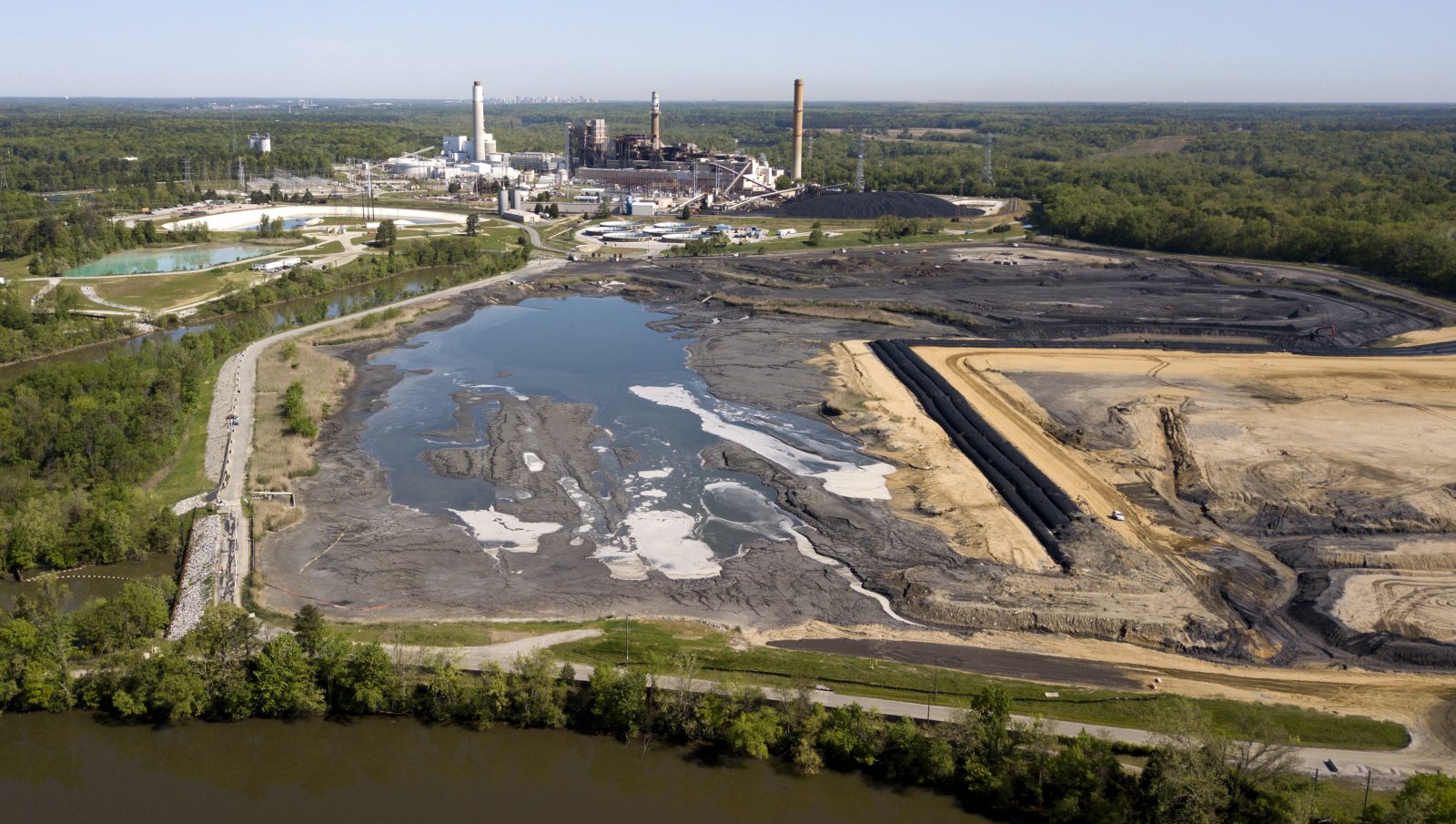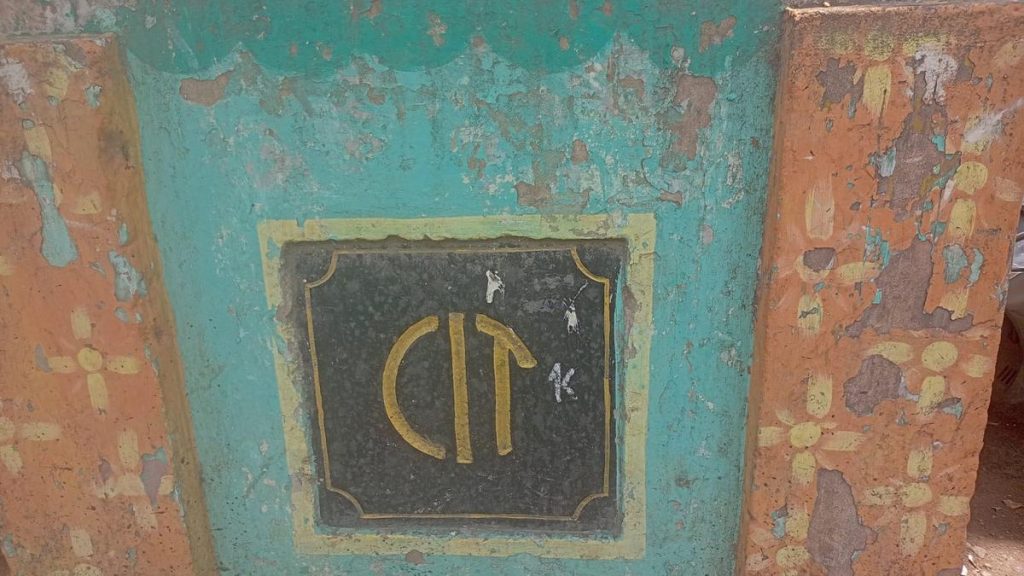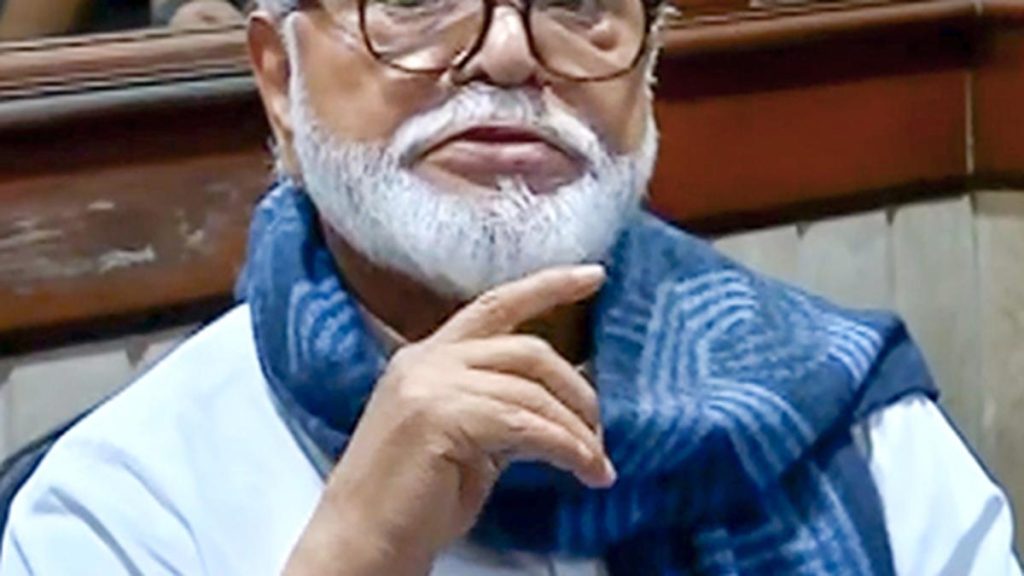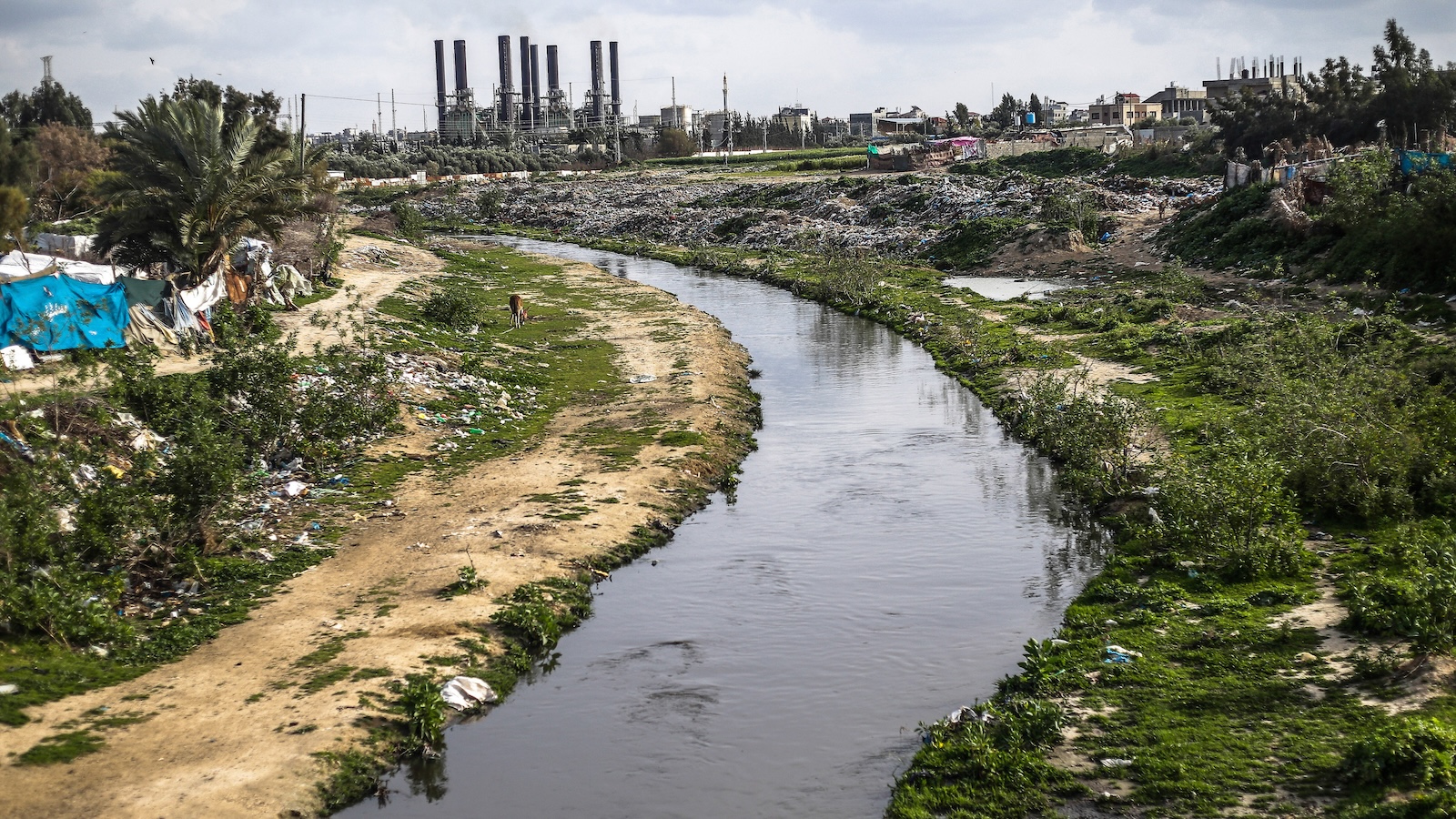Now Reading: Trump’s EPA Backs Power Companies in Skirting Toxic Cleanup
-
01
Trump’s EPA Backs Power Companies in Skirting Toxic Cleanup
Trump’s EPA Backs Power Companies in Skirting Toxic Cleanup

Speedy Summary
- A coalition of U.S.utility companies asked Lee Zeldin, EPA Administrator under President Trump, to roll back regulations on coal ash disposal and greenhouse gas emissions.
- The EPA announced deregulatory actions allowing states more autonomy in coal ash permitting, despite concerns about state-level violations of federal rules in places like Georgia and Alabama.
- The review of a 2024 legacy coal ash rule could extend compliance deadlines further, possibly reducing cleanup effectiveness.
- new enforcement guidelines prioritize imminent health threats over proactive measures to manage toxic waste at coal ash sites.
- Environmental attorneys raised concerns that loosening regulations benefits utilities financially but undermines water quality and public health safeguards.
Indian Opinion Analysis
The EPA’s move to delegate authority for regulating coal ash management to individual states exemplifies the broader global challenge of balancing industrial advancement with environmental protection.For India-which heavily relies on coal-powered energy-similar decisions occur within a framework seeking accountability at both state and national levels. Ensuring rigorous environmental oversight while fostering industrial progress becomes critical when water contamination risks align with livelihood dependence near power plants.
Though the actions taken by the U.S.’s administration highlight deregulation aimed at bolstering free-market energy production, India’s policies frequently enough emphasize long-term sustainability given the nation’s dense population and vulnerability to groundwater pollution. Lessons from this scenario include recognizing how decentralized regulation can sometimes lead to disparities in enforcement, as seen in Georgia’s controversial landfill approvals.
India may also take heed regarding geospatial monitoring systems for toxic sites or preemptive cleanup measures because delays or poorly enforced standards exacerbate contamination issues over time.A robust regulatory framework that prioritizes transparency can serve as protection not just for environmental integrity but also for rural communities relying on these resources.


























